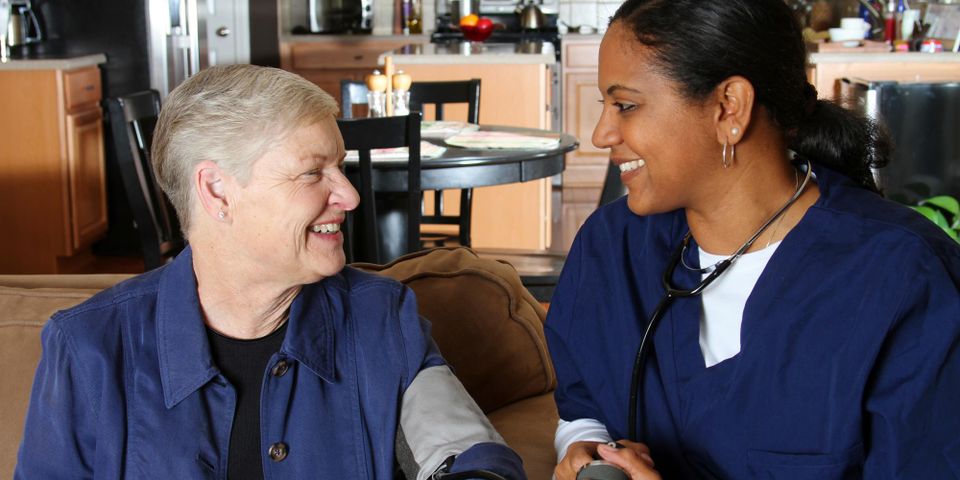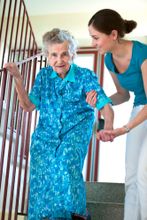What Patients Do Home Health Aides Work With?

Careers in the medical and caregiving fields are always in demand, and becoming a home health aide (HHA) is one of the more popular choices. If you’re considering taking home health aide training, it’s best to learn what is involved in the career and the type of patients you’ll encounter before signing up for a program. Below is a brief guide to the patients HHAs typically serve.
Who Do Home Health Aides Care For?
Patients In Hospice Care
Patients in hospice care are nearing the end of their lives and are often able to do little on their own. A hospice HHA is responsible for keeping the patient comfortable, which includes a broad range of possible duties. While HHAs aren’t nurses or medical staff, they can assist with light household tasks like cleaning, personal hygiene such as clipping nails and bathing, and some physical care, such as rotating bedridden patients and changing catheters. Your home health aide training will teach you how to perform these duties while staying respectful and compassionate, and you’ll study the practical side as well, such as basic anatomy and proper medical waste disposal.
Adult & Children With Disabilities
Some HHAs serve patients of any age with a physical or mental disability, such as those who are paralyzed or have severe dementia. In this setting, the home health aide makes sure that the patient is cared for and has everything they need throughout the day. You still won’t be responsible for medical care, but your responsibilities might include driving them to and from appointments, medication monitoring, shopping and cooking, daily hygiene, and leading them in exercises or stretches.
The Elderly
 HHAs also work with elderly patients to ensure their well-being. Companionship will be a large chunk of your responsibilities. You’ll also remind them to take their medicine or get it refilled, as well as monitor their behavior to watch for potential symptoms of disease. HHAs in this position may also be responsible for ensuring the patient is getting enough exercise and staying alert throughout the day, through simple stretches, crafts, baking, or playing games together. Home health aide training for this should cover common concerns with geriatric patients, emphasize your social skills, and explain the significance of HIPAA policies.
HHAs also work with elderly patients to ensure their well-being. Companionship will be a large chunk of your responsibilities. You’ll also remind them to take their medicine or get it refilled, as well as monitor their behavior to watch for potential symptoms of disease. HHAs in this position may also be responsible for ensuring the patient is getting enough exercise and staying alert throughout the day, through simple stretches, crafts, baking, or playing games together. Home health aide training for this should cover common concerns with geriatric patients, emphasize your social skills, and explain the significance of HIPAA policies.
If making an impact in others’ lives as a home health aide sounds ideal, then enroll at the IGBANS Institute of Vocational Training in Springfield Gardens, NY. With experienced instructors and varied class options to fit busy schedules, their home health aide course prepares you for a career in the healthcare industry, whether you want to work with the elderly, disabled, or terminally ill. Beyond HHAs, they also offer EKG technician and CNA training. Call (718) 276-8100 to learn more about their programs.
About the Business
Have a question? Ask the experts!
Send your question

